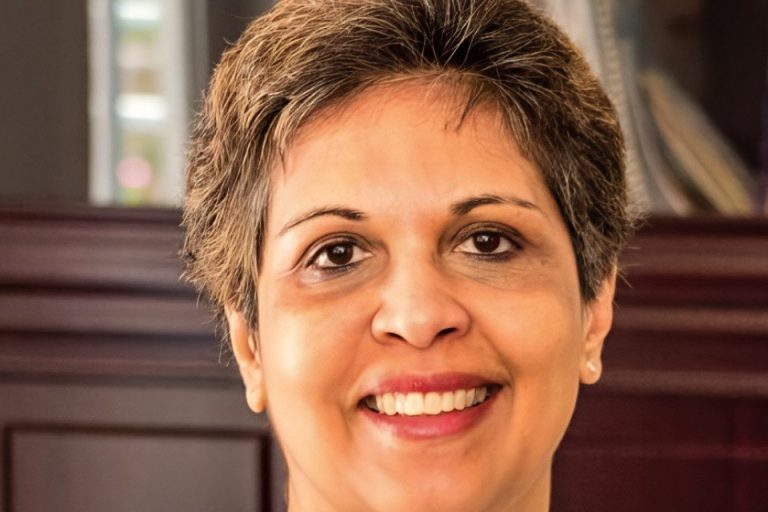The Information and Communication Directorate of the African Union (AU), the United Nations Educational, Scientific, and Cultural Organisation (UNESCO) Liaison Office to the AU, and the United Nations Economic Commission for Africa (UNECA), are collaborating to develop the first draft of an AU Continental Framework on Information Integrity, Digital, and Media Information Literacy (MIL).
The Framework will provide essential support to AU Member States to develop and implement comprehensive MIL and digital competencies policies and strategies, and further empower African citizens to critically assess information, participate effectively in digital spaces, and contribute to inclusive development.
The initiative follows the evolving information landscapes and the attendant need to safeguard information integrity, which is paramount to fostering trust, informed citizenship, and robust democracies across Africa.
Speaking on the initiative, the African Union Director of Information and Communication Directorate, Ms Leslie Richer, said, “This framework marks an important step in equipping our citizens with the critical skills needed to navigate the digital age.”
Also, Ms Rita Bissoonauth, Director of UNESCO Liaison Office to AU, ECA, and the Representative to Ethiopia, affirmed, “This collaboration with the African Union on the Continental Framework for Information Integrity and Media and Information Literacy (MIL) is a crucial step forward. UNESCO firmly believes that empowering African citizens with these essential skills is key to promoting informed civic engagement, countering disinformation and misinformation, and driving an inclusive and equitable digital transformation across the continent.”
The development of this initial draft framework is guided by key continental and international recommendations and decisions that include:
- The AU Continental AI Strategy, which was endorsed by the AU Executive Council during its 45th Ordinary Session in Accra, Ghana, on July 18-19, 2024, with particular focus on its recommendations pertaining to responsible AI development and deployment to ensure the integrity of Information (pages 50-51).
- The G20 Maceió Ministerial Declaration on Digital Inclusion for All, emphasising the global commitment to equitable access and digital literacy.
- Relevant Decisions adopted by the Peace and Security Council (PSC) of the AU at its 1214th meeting (open session) held on June 13, 2024, and its 1230th meeting (Open Session) on September 2, 2024, underlining the nexus between information integrity, digital literacy, peace, and security.
A six-month regional consultation process with stakeholders will commence after the completion of this initial draft. The consultation phase is to ensure comprehensive feedback and broad buy-in before the framework is presented for approval to the Communication and ICT Ministers and the Sixth Ordinary Session of the Specialised Technical Committee on Communication and ICT (CCICT-6), which would be held from November 3 to 6, 2025, in Addis Ababa, Ethiopia.





